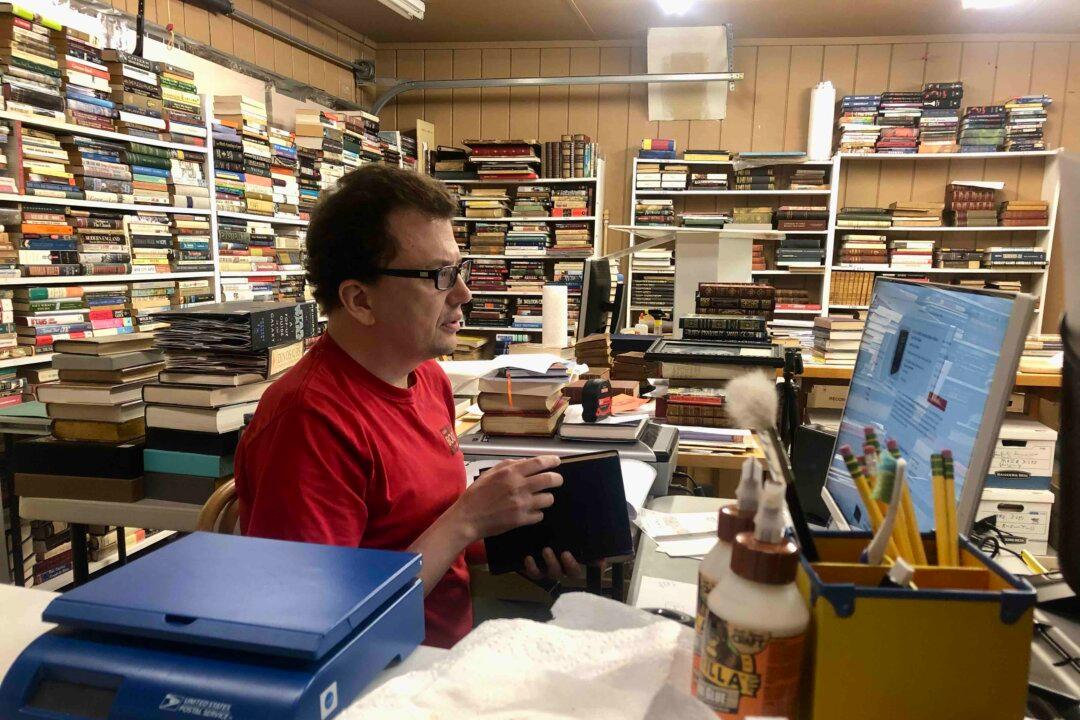Collectors are everywhere: from stamps to baseball cards to ceramic figurines. Most people have an affinity of some kind for some thing. When the bug bites, it is difficult to walk away from that rare item, even if it forces you to adjust your personal economic policies.
When it comes to book collecting, the purpose is no different. It should be an enjoyable lifelong expedition. Having fun collecting is the first piece of advice from Jay Rohfritch, owner of Good Books in the Woods in The Woodlands, Texas.






